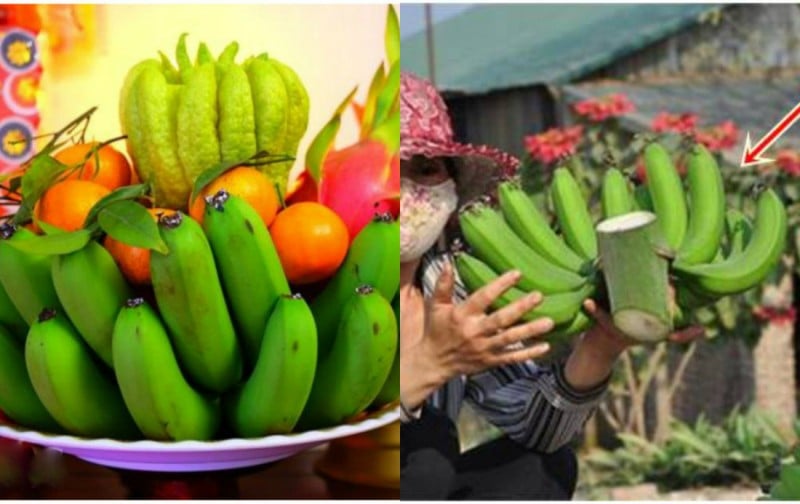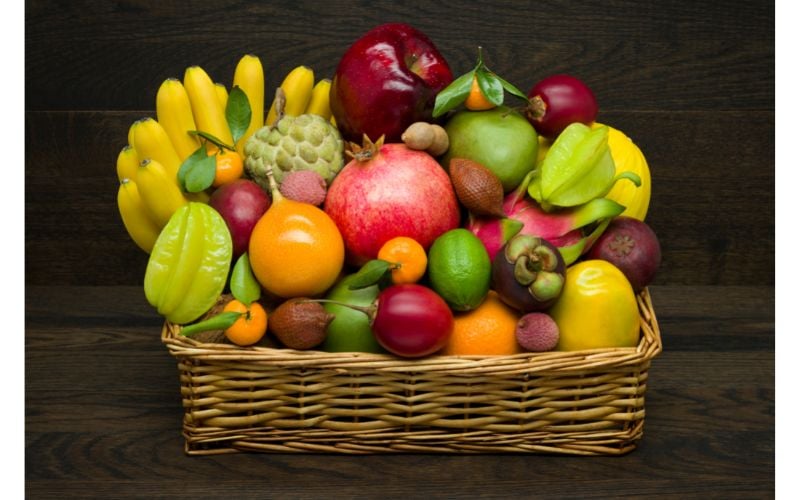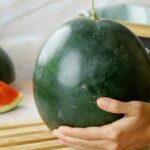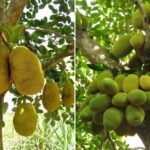Bananas are a popular fruit choice for ancestral altar offerings. However, there are many taboos that people are unaware of, leading to all sorts of bad luck and persistent poverty.
Taboos to Avoid When Choosing Bananas for Ancestral Altars
+ Do not choose ripe bananas
The bunch of bananas presented on the altar will usually occupy a central position, surrounded by other types of fruit. Therefore, it is best to select bananas that are just mature enough, with large and firm fruits. Avoid offering overripe bananas as they tend to fall off easily.
+ Avoid small banana bunches
In the traditional belief, a banana bunch represents prosperity and family reunion. Thus, choosing a banana bunch with many fruits signifies a prayer for peace and abundant blessings of fortune.

+ The number of bananas in the bunch should be odd
In the context of ancestral worship, offering incense is an act of remembrance by the living for the deceased. Spiritually, even numbers are considered yin (female energy), while odd numbers are yang (male energy). Hence, the number of bananas chosen for the altar should be odd.
+ Refrain from using bruised or damaged bananas
Bananas offered on the ancestral altar signify the sincerity and respect of the descendants towards their ancestors. It is important to avoid choosing bruised or darkened bananas. Instead, select fruits that are of moderate size, round, and firm.
Types of Fruits to Avoid Offering on Ancestral Altars
+ Artificial fruits
Artificial fruits are an absolute no-no for ancestral altar offerings during festivals or death anniversaries. Offering artificial fruits is considered disrespectful to the ancestors and deities. Fresh fruits are always the preferred choice to express reverence towards the ancestors and the divine.
+ Sour, bitter, or spicy fruits
Fruits with sour, bitter, or spicy flavors, such as sour sop, chili peppers, or lemons, are not suitable for ancestral altar offerings. In folk belief, these fruits symbolize the bitterness and hardships of life. Offering them on the ancestral altar may bring misfortune to the family.
+ Fruits that grow close to the ground
It is believed that fruits growing close to the ground are more susceptible to impurities and negative energies. Therefore, it is advisable to refrain from choosing such fruits for ancestral altar offerings.

+ Overpoweringly fragrant fruits
Fruits with strong fragrances, like jackfruit and durian, can overwhelm the aromas of other offerings. Moreover, the ancestral altar is a sacred space that requires cleanliness and freshness. Therefore, it is best to avoid choosing fruits with overpowering fragrances for offerings.
+ Overripe fruits
Overripe fruits tend to attract insects, which can disrupt the sanctity of the ancestral altar. Hence, it is advisable to exclude overripe fruits from the offerings.
+ Fruits with rough or thorny skins
According to traditional belief, fruits with thorns or rough skins can cause disharmony and unease within the family.






































